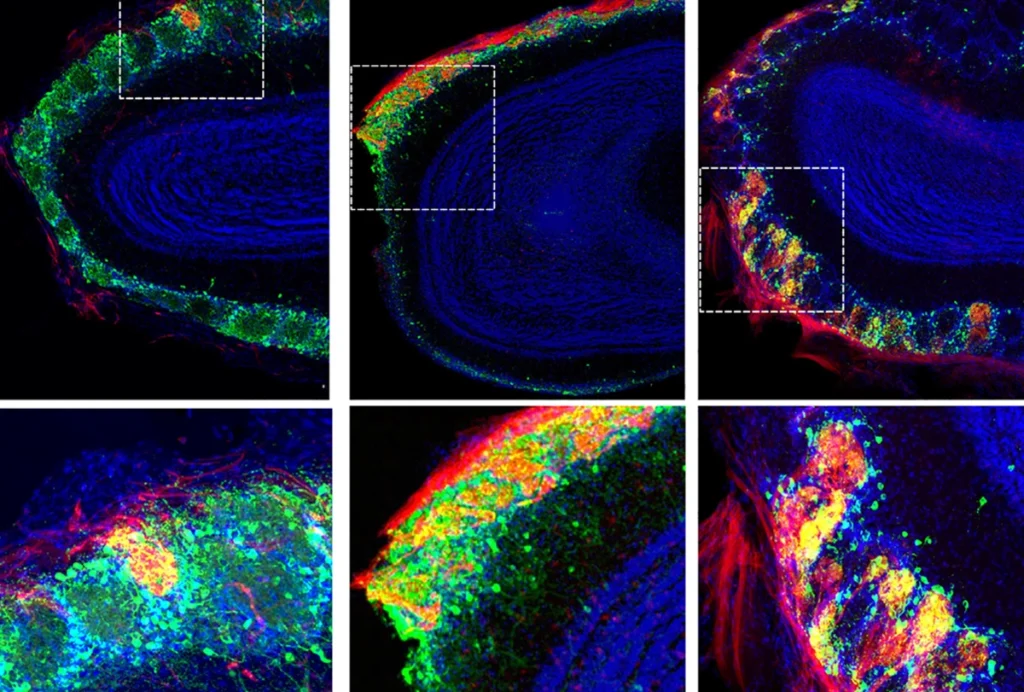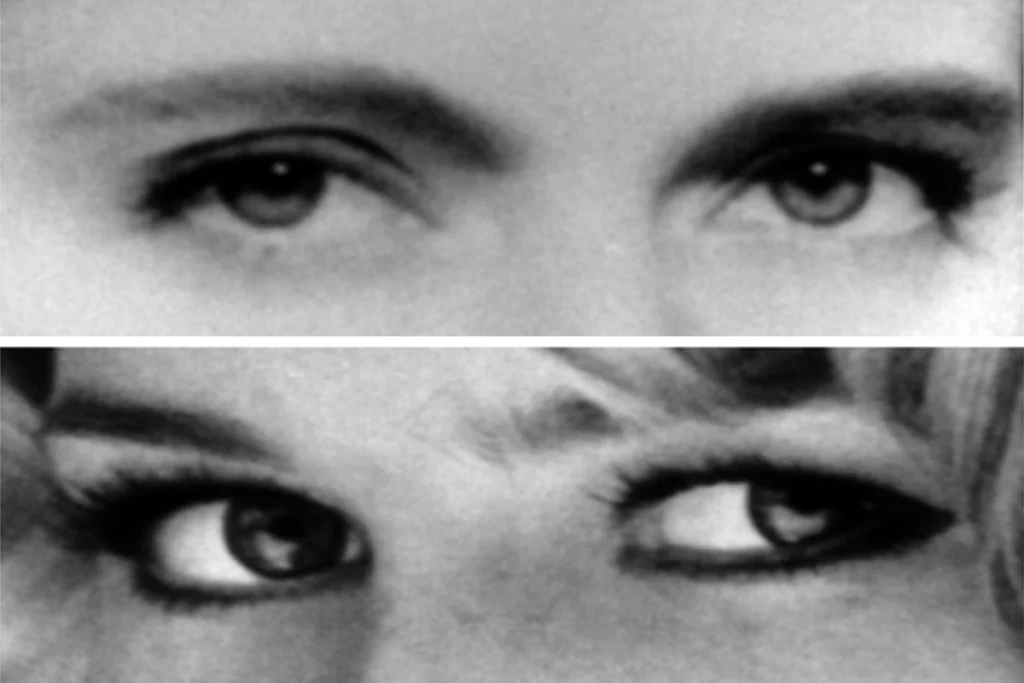Elizabeth DeVita-Raeburn is a New York-based writer who specializes in science, health and medicine. She is the author of The Death of Cancer and The Empty Room. She lives in New York City, with her husband, the writer Paul Raeburn, and two sons.

Elizabeth DeVita-Raeburn
From this contributor
The controversy over autism’s most common therapy
Applied behavioral analysis is the most widely used therapy for autism, but some people say its drills and routines are cruel, and its aims misguided.

The controversy over autism’s most common therapy
Explore more from The Transmitter
Rat neurons thrive in a mouse brain world, testing ‘nature versus nurture’
Neurons from the two rodents can wire up together to form functional circuits—all while maintaining some species-specific properties, two new studies show.

Rat neurons thrive in a mouse brain world, testing ‘nature versus nurture’
Neurons from the two rodents can wire up together to form functional circuits—all while maintaining some species-specific properties, two new studies show.
It’s past time to stop using the Reading the Mind in the Eyes Test
The widely used measure of “theory of mind” needs to be re-examined, along with the long-standing claim that autism is linked to a lack of this ability.

It’s past time to stop using the Reading the Mind in the Eyes Test
The widely used measure of “theory of mind” needs to be re-examined, along with the long-standing claim that autism is linked to a lack of this ability.
Robots boost data consistency in rodent studies reliant on mechanical, optogenetic stimulation
Two new devices take experimenter variation out of the equation, the lead investigators say.
Robots boost data consistency in rodent studies reliant on mechanical, optogenetic stimulation
Two new devices take experimenter variation out of the equation, the lead investigators say.